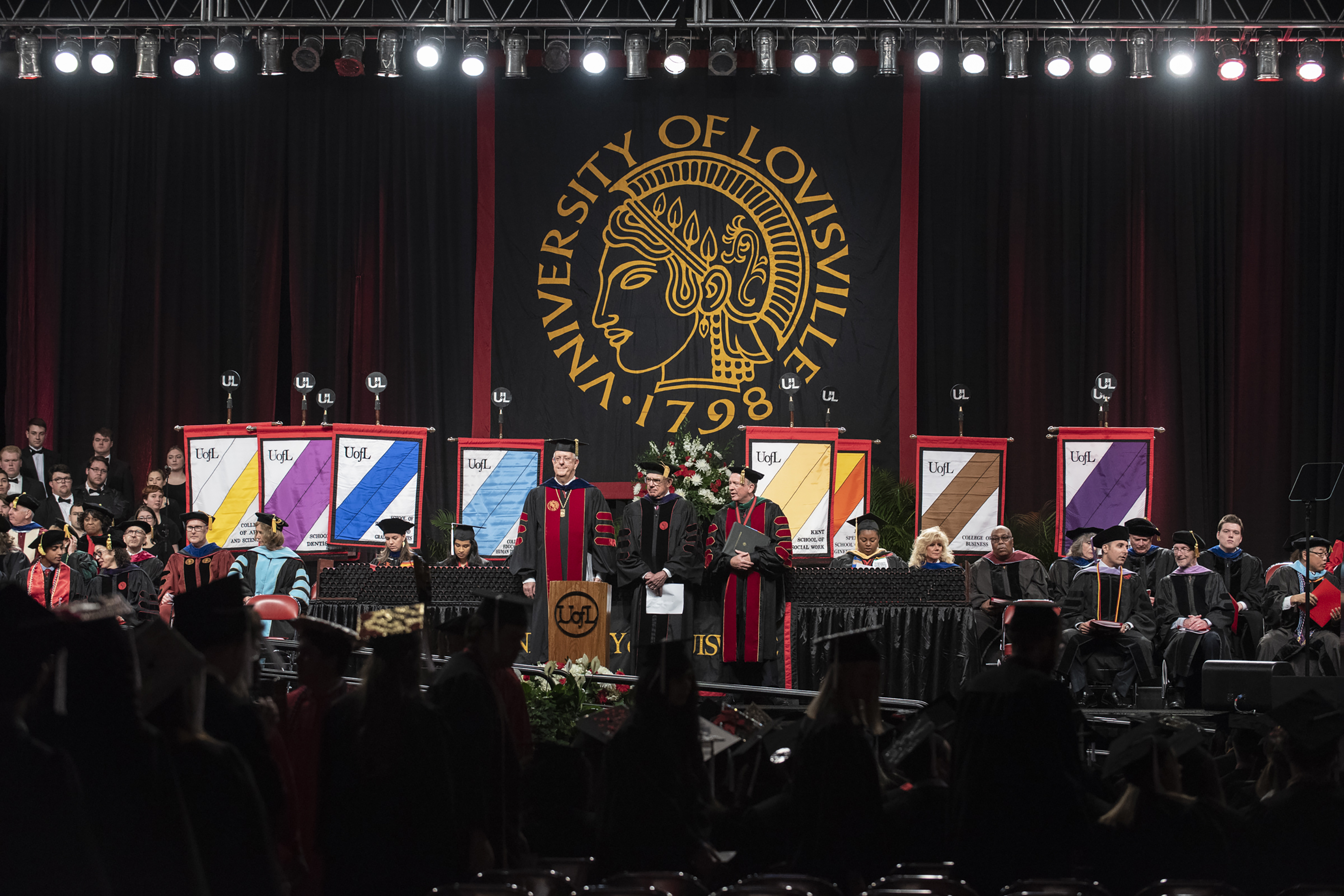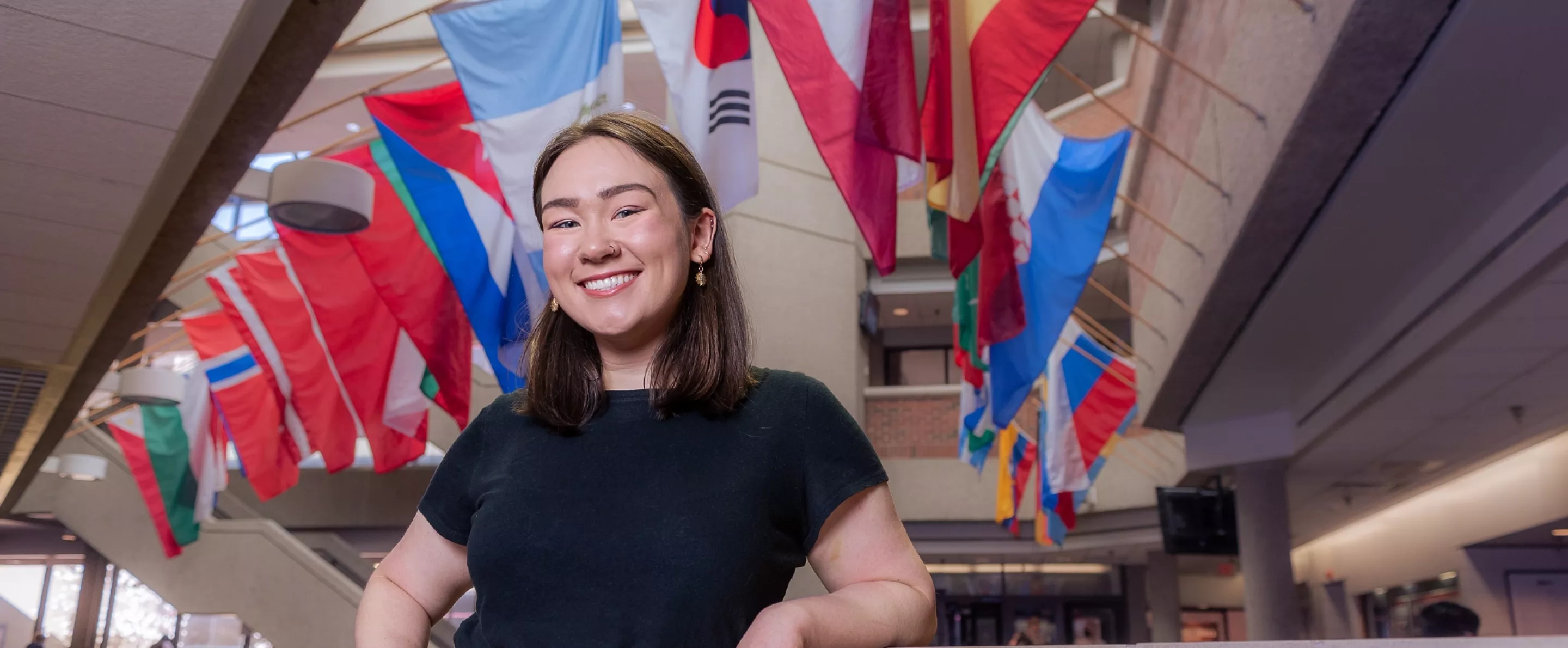Why Choose the University of Louisville?
The University of Louisville is a hub of learning where students and researchers worldwide come to study. Learn why students around the world choose UofL for their graduate education.
Prepare Your Application
Applying to study in the United States requires substantial preparation and careful planning. Giving sufficient time to prepare and take the required tests, understanding the specific requirements of the program you want to apply to, and developing the application materials accordingly will increase your chances of being accepted for admission and financial support. Review requirements for your application below.
Application Additional Requirements
In addition to the general Application Requirements, international applicants must also provide the following documents:
1
Proof of Language Proficiency
All applicants for whom English is not the native language must submit proof of English proficiency.
Review Accepted Exams about2
International Credential Review
All applicants must hold a U.S. bachelor’s degree, or its equivalent, from a regionally accredited tertiary-level institution.
Review the Credential Evaluation Process aboutRequirements Upon Admission
All international students will work with the Office of International Student and Scholar Services to complete their immigration process.
1
Proof of Financial Support
All international students must provide proof of adequate finances to support educational and living expenses for the duration of their studies.
Upload Your Documentation about2
Passport Biographical Page
All international students must provide a copy of their passport biographical page as a part of their I-20/DS-2019 process.
Upload Your Passport Image about

